Xi Jinping has forged his version of China, having centralised power since becoming president in 2013. China, in turn, is set to shape the coming international order. One man’s vision will have an increasingly global impact – here, Director of the SOAS China Institute Steve Tsang sets out Xi’s thought and what it will mean for the world. This work is based on the book "The Political Thought of Xi Jinping", co-written with Olivia Cheung, and published by the Oxford University Press in January 2024.
Unlike his two predecessors, Hu Jintao and Jiang Zemin, Xi Jinping is not a managerial but a transformational leader. He is changing China and intends to make a huge impact on the world. He aims to make what I will refer to as Xi Jinping's Thought on Socialism with Chinese characteristics the latest and best rendition of China’s Marxist-Leninist ideology. Having made himself leader for life, Xi will use his Thought to guide Chinese policy in the coming decade or two, if not longer. Now the two are intertwined, if we are to understand China we must understand Xi.
To use the imaginary of the digital era, China’s Leninist political system can be described as the hardware while its governing ideology is the operating system (OS). Xi has kept the hardware in place, but he has altered how it works by replacing the operating system. In effect, China’s system delivered totalitarianism under Mao Zedong’s OS1.0, ruthless authoritarian pragmatism focused on growth under Deng Xiaoping’s OS2.0, and a Sino-centric globally ambitious dictatorship under Xi’s OS3.0.
___
The China Dream seeks to create domestically one united and powerful country, with one patriotic people, guided by one ideology, governed by one party and led by its supreme leader, Xi himself.
___
Xi Thought encapsulates the goals he has set for China and the Communist Party in his China Dream of national rejuvenation. He sets the end of 2049, the centenary of the People’s Republic of China, as the date when it must be fulfilled. The China Dream seeks to create domestically one united and powerful country, with one patriotic people, guided by one ideology, governed by one party and led by its supreme leader, Xi himself.
The one country rule means that China must incorporate into its fold Taiwan and other Chinese territories that are currently part of other states, with enormous implications for the world. Xi sees this in terms of a historic mission to make China whole again, an essential requirement for national rejuvenation. Securing them is now China’s ‘core interest’. If strength comes through unity, integrating Taiwan becomes imperative.
The forging of one patriotic people means that minorities, by ethnicity such as the Uighurs or by political inclination like the pro-democracy people of Hong Kong, must be re-educated so they internalise a party-centric nationalism that makes them proud Chinese and ardent supporters of the Party and its supreme leader. Xi sees this as levelling them up.
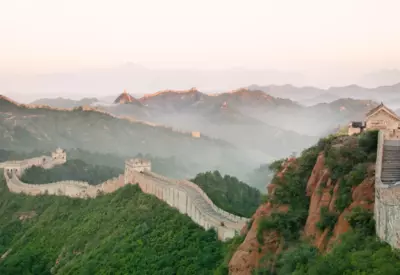 SUGGESTED READING
China's take on Plato and Aristotle
By Shadi Bartsch
SUGGESTED READING
China's take on Plato and Aristotle
By Shadi Bartsch
Installing one ideology requires making Xi Thought the state ideology that enables the 1.4 billion people of China to commit to make China great again. This is to be achieved first by requiring everyone to learn Xi Thought, from kindergarten to graduate school and through study sessions in workplaces and the daily use of a dedicated app Xuexi Qiangguo. It is reinforced by banning unpatriotic thoughts, including any narrative or evidence that contradicts the Party-approved version of history.







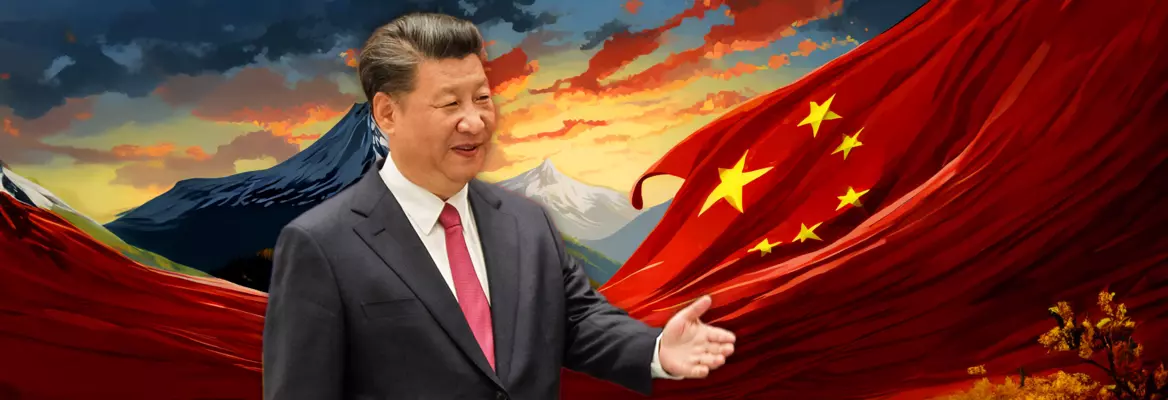



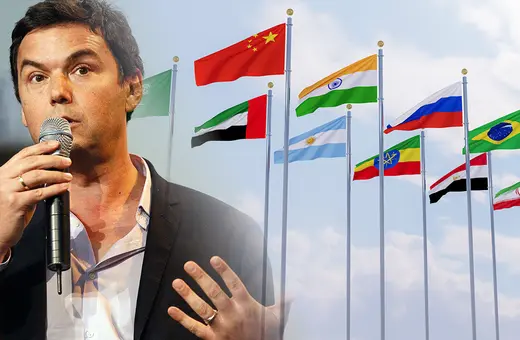
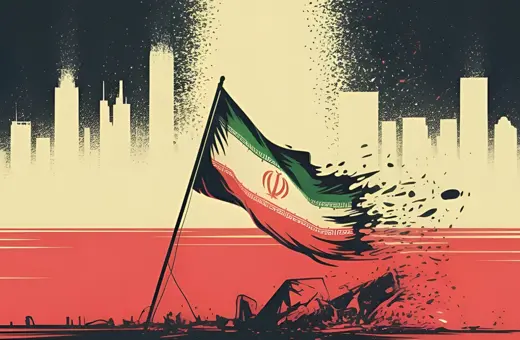
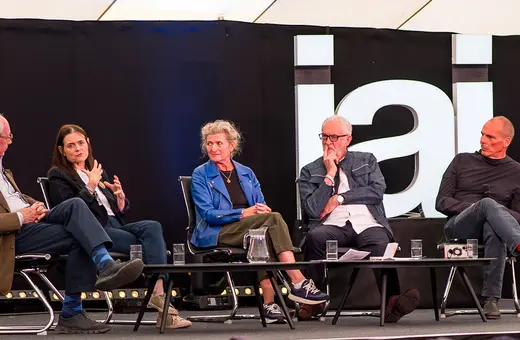
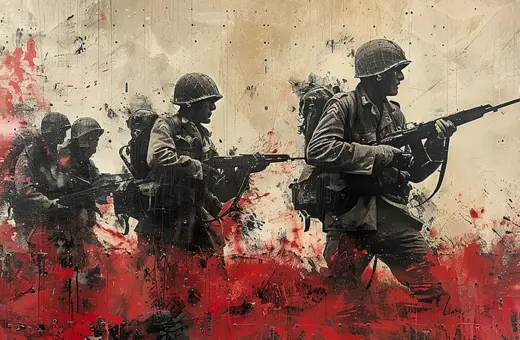






Join the conversation